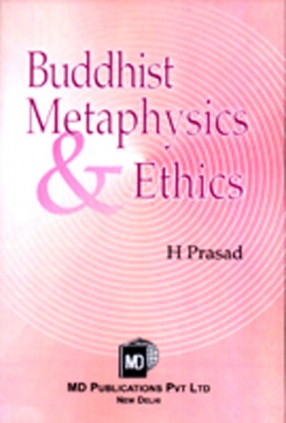Buddhist Metaphysics and Ethics
The Buddha intended his philosophy to be a practical one, aimed at the happiness of all creatures. While he outlined his metaphysics, he did not expect anyone to accept this on faith but rather to verify the insights for themselves; his emphasis was always on seeing clearly and understanding. To achieve this, however, requires a disciplined life and a clear commitment to liberation; the Buddha laid out a clear path to the goal and also observations on how to live life wisely.
Essentially, according to Buddhist teachings, the ethical and moral principles are governed by examining whether a certain action, whether connected to body or speech is likely to be harmful to one's self or to others and thereby avoiding any actions which are likely to be harmful. The Buddha’s teachings on ethics and living a good life also extended to the realm of the social and political. He was ahead of his time in many ways; considering all people as equal, he rejected the caste system and openly encouraged women to become students and teachers.
Get it now and save 10%
BECOME A MEMBER











Bibliographic information